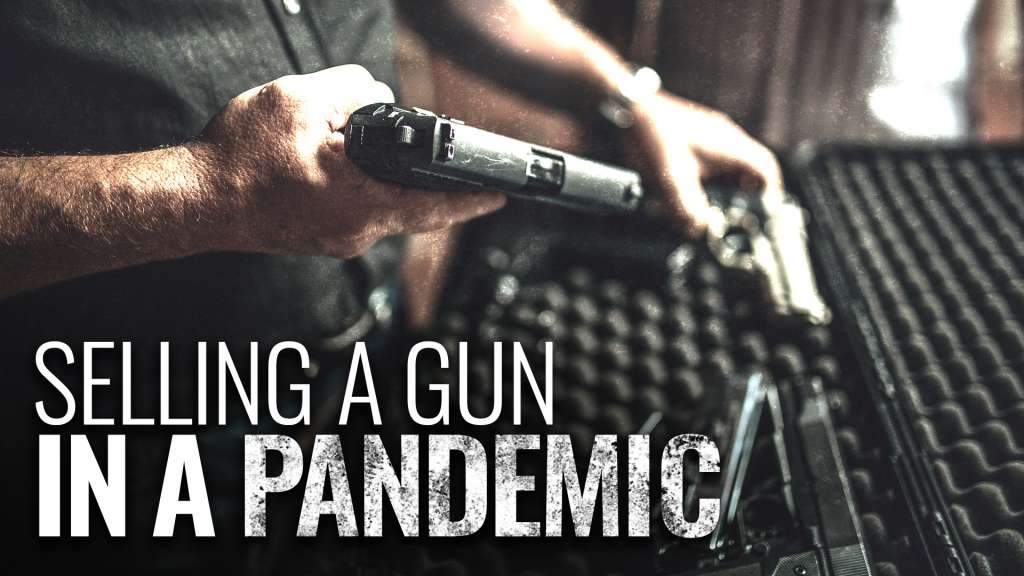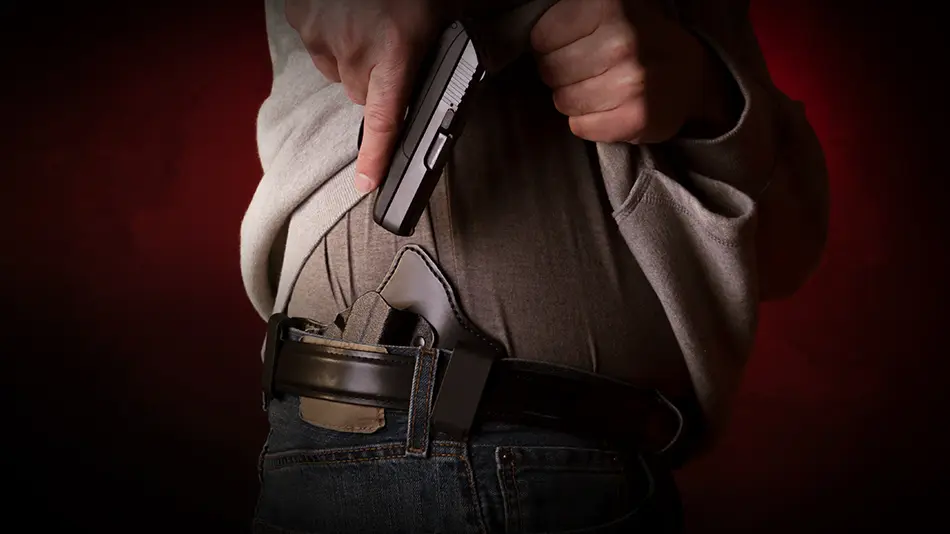
Are you under a Stay At Home order? Have the gun shows in your area closed down due to the pandemic? Gun stores around the country are overrun with new purchasers and people are asking more questions than ever about how to conduct a private sale as an alternative.
What is the law on conducting a private sale as an alternative?
In North Carolina, individuals can engage in private sales of their firearms. However, in order to stay on the right side of the law, you must remember a few things.
PROHIBITED PERSONS
First, the purchaser of your firearm must not be what federal law terms a “prohibited person.” What is a prohibited person? Most commonly, prohibited person refers to a convicted felon, a user of narcotics, or a person under a domestic violence restraining order. How do you know if someone is a prohibited person? Is it a requirement to run a background check on a potential purchaser? The answer is no, but you must either receive from them a permit to purchase issued by a North Carolina Sheriff, or you may sell a gun to them if they possess a valid Concealed Handgun Permit or “CHP.”
RESIDENT OF NORTH CAROLINA
Second, the buyer must be a resident of North Carolina. Direct private sales to persons from out-of-state are illegal. Although you can sell a handgun to a person who lives out-of-state, such sales must be done through a Federal Firearms Licensee or “FFL.”
DOCUMENTATION
The key thing to remember when engaging in a private sale is to document the transaction. This means that you and the purchaser should each sign a bill of sale. List the make, model, serial number of the handgun, and the purchase price. If the purchaser provides you with a permit to purchase, make sure you keep that and other documents related to the sale in a secure place, such as a safe or safety deposit box. If the purchaser has a CHP, make a photocopy of the permit and keep it in a safe place. Finally, unless you know the person well, you should make a photocopy of their driver’s license as well.
For questions about legally conducting the private sale of a firearm, please contact U.S. LawShield and ask to speak to an Independent Program Attorney.
The information provided should not be construed as legal advice or as the creation of an attorney-client relationship. The information provided is “as is” without any representations or warranties, express or implied, and should not be relied as an alternative to individual legal advice. If you have any specific questions about any legal matter, you should consult the attorney of your choice.





This article didn’t address the differences between private sales, or transfers of long guns (rifles, shotguns) and hand guns. Permits are not required for the transfer of long guns between individuals. However, a Pistol Purchase Permit, or a Concealed Handgun Permit is required in the transfer of handguns.
“Under North Carolina law, it is unlawful for any person, firm, or corporation to sell, give
away, transfer, purchase, or receive, at any place in the State, any pistol, unless the purchaser or
receiver has first obtained a license or permit to receive such a pistol by the sheriff of the county
where the purchaser or receiver resides, or the purchaser or receiver possesses a valid North
Carolina issued concealed carry permit. This requirement to obtain a permit prior to the transfer
of a pistol applies not only to a commercial transaction, typically at a sporting goods store, but
also between private individuals or companies throughout North Carolina. N.C. Gen. Stat. § 14-
402(a).”
To my knowledge this has not changed since 2016 and is still in effect. I agree with the author of this article that retaining copies of the CCHP and the person’s ID are very good ideas! Also, the law does not appear to require the transferor to receive a PPP or CCHP to transfer long guns in private transfers. It’s a really good idea to retain at least, a copy of the transferee’s ID and evidence of a current background check.
And…to add a disclaimer to my previous comment: I am not an attorney, I am a firearms instructor who has extensive knowledge about this subject. Therefore, this is not legal advise and is for educational purposes, only.